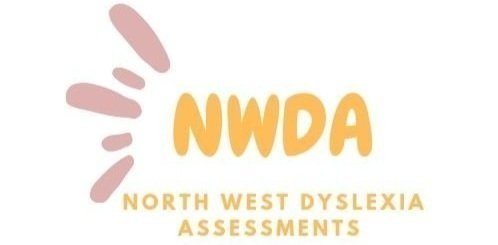What are the common traits of dyslexia?
Difficulties with spelling
Difficulties with reading aloud, reading comprehension and reading speed
Short term memory weaknesses
Difficulties with phonics / detecting the sounds that letters make
Slow processing speed
Disorganisation
Difficulties with sequencing of information
Reversals of letters and/or numbers
Difficulties with handwriting
What are the benefits of a dyslexia diagnosis - To label or not to label?
It is human nature to label people; so and so is the sporty one, the bright one, the lazy one…
If we struggle as a child with literacy, it is common to attach a negative label to ourselves which often travels with us into adulthood. Regular feedback from my adult clients confirms that it is better to get the ‘right’ label i.e. of dyslexia rather than continuing to think of themselves in a negative light. They wish they had known earlier.
A formal diagnosis of dyslexia gives insight into your unique learning profile. This can help to provide tailored support for school, college, university and the workplace. A diagnosis can also lead to accommodations such as extra time in exams, the use of readers or scribes and any other reasonable adjustments for specific resources, strategies and interventions to be recommended for you as an individual.
What is dyslexia?
The most recent definition of dyslexia
“Dyslexia is a set of processing difficulties that affect the acquisition of reading and spelling. The most commonly observed cognitive impairment in dyslexia is a difficulty in phonological processing (i.e. in phonological awareness, phonological processing speed or phonological memory).
However, phonological difficulties do not fully explain the variability that is observed. Working memory, processing speed and orthographic skills can contribute to the impact of dyslexia.
In dyslexia, some or all aspects of literacy attainment are weak in relation to age, standard teaching and instruction, and level of other attainments. Across languages and age groups, difficulties in reading and spelling fluency are a key marker of dyslexia.
Dyslexic difficulties exist on a continuum and can be experienced to various degrees of severity. It can affect the acquisition of other skills, such as mathematics, reading comprehension or learning another language.
Dyslexia frequently co-occurs with one or more other developmental difficulties, including developmental language disorder, dyscalculia, ADHD, and developmental coordination disorder.”

